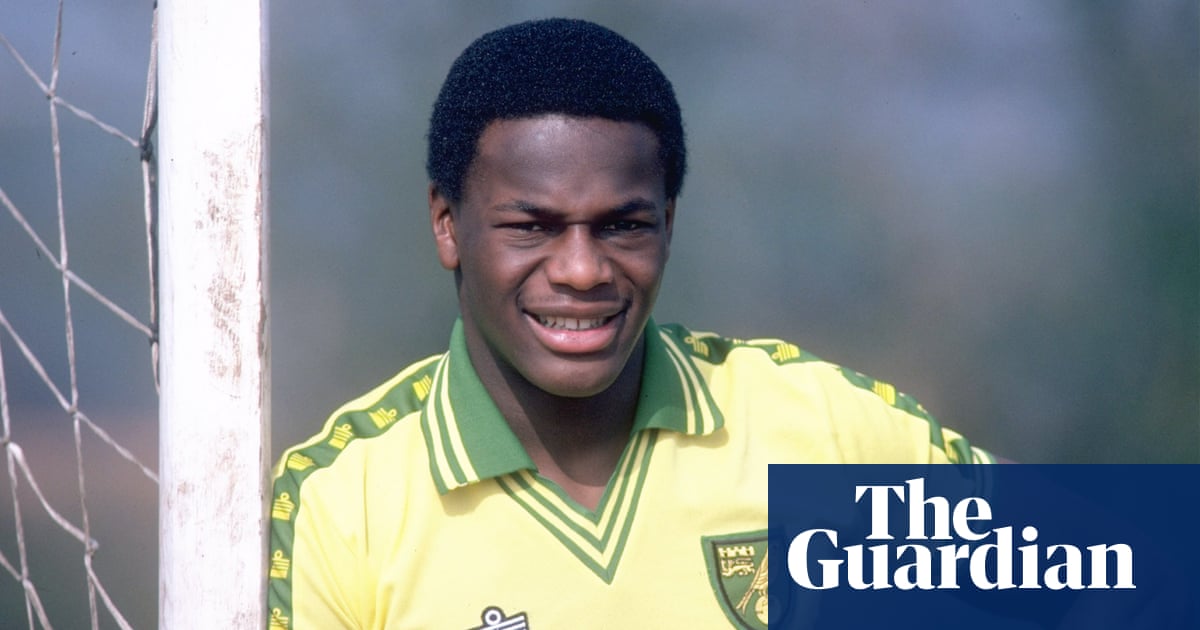Unveiling Hidden Narratives in Black LGBTQ+ History
Jason Okundaye’s debut work, “Revolutionary Acts,” transports readers to the vibrant yet tumultuous streets of 1980s and 90s Brixton, a period marked by significant activism. Here, the quieter yet profound battles of Black gay men for recognition unfold through detailed biographical sketches. These stories highlight a crucial chapter in Black British history, previously overshadowed by more visible movements, showcasing the resilience and courage of these trailblazers.
Chronicling Lives of Influence and Challenge
Okundaye’s narrative is meticulously constructed from interviews and extensive research, piecing together the impactful yet often overlooked lives of individuals like Dirg Aaab-Richards and Marc Thompson, whose efforts have helped elevate Black British gay history. The book does more than recount their struggles; it celebrates their contributions to cultural and social spheres, set against the backdrop of societal challenges like the HIV epidemic that particularly affected this community. These historical insights not only enrich our understanding but also ensure these pivotal experiences are not forgotten.
The Impact of “Revolutionary Acts” on Cultural Memory
“Revolutionary Acts” serves as a critical medium for preserving the narratives of a community at the intersection of racial and sexual identity politics. Through Okundaye’s compelling storytelling, the book invites readers to explore the complex dynamics within the Black LGBTQ+ community, intertwined with themes of love, conflict, and survival. This work not only captures the essence of a pivotal era but also acts as a bridge connecting past struggles with ongoing discussions about identity and acceptance in contemporary society.
In crafting “Revolutionary Acts,” Okundaye has provided a valuable resource that highlights the importance of documenting and understanding the nuanced histories of marginalized communities. His work ensures that the voices and stories of Black British LGBTQ+ pioneers are celebrated and remembered, offering inspiration and insight for both present and future generations.
